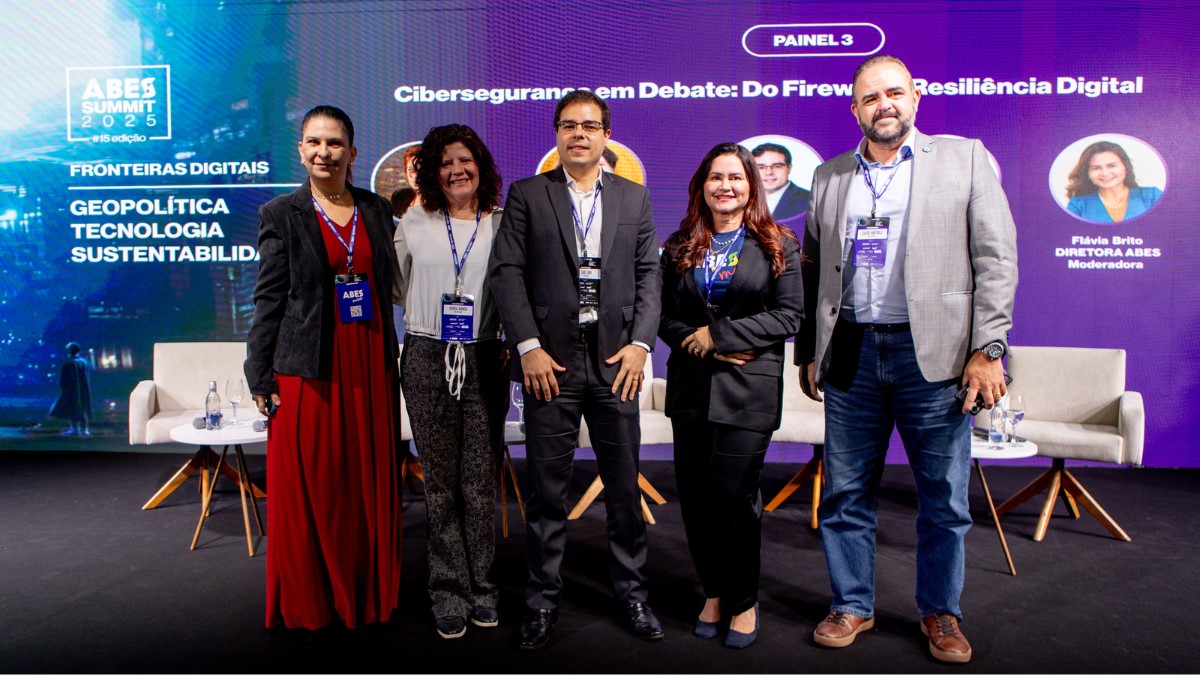
During the panel Cybersecurity in Debate: From Firewall to Digital Resilience, of ABES Summit 2025, experts discussed how Brazil can transform digital security into a essential public policy and corporate priorityThe central proposal is clear: stop treating cybersecurity as a technical layer and start to see it as national strategic infrastructure.
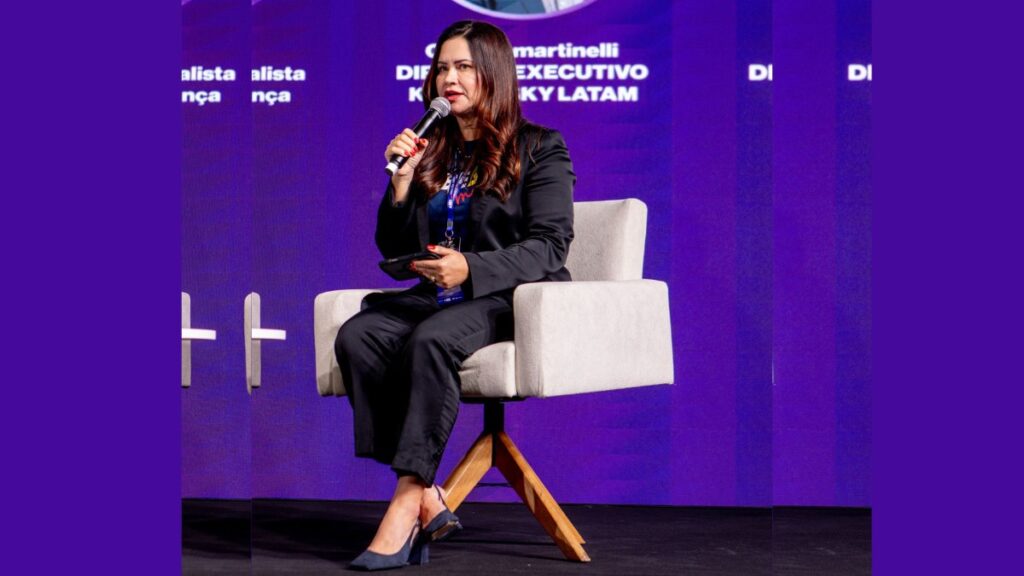
“Security is no longer just firewall or antivirus protection, it is becoming a business or government strategic decision-making”, he said Flavia Brito, statutory director of ABES and CEO of Bidweb.
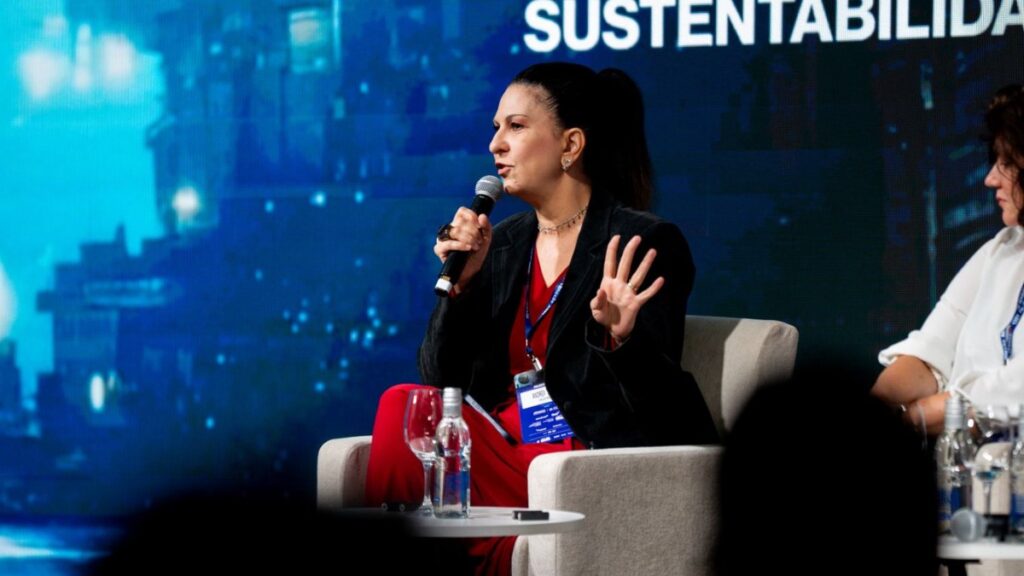
Andrea Thome, Head of the WOMCY Council, reinforced that cyberattacks are increasingly sophisticated and coordinated, requiring a collective response. "Attackers collaborate, and we need to do the same. Cybersecurity is no longer just a technical issue—it's a strategic governance issue", she noted, warning of risks in the supply chain, where small, unregulated suppliers can be a gateway for attacks on large institutions. Andrea also cited initiatives like the Cyber Guardian, led by the Army, as an important step, but insufficient given the current complexity.
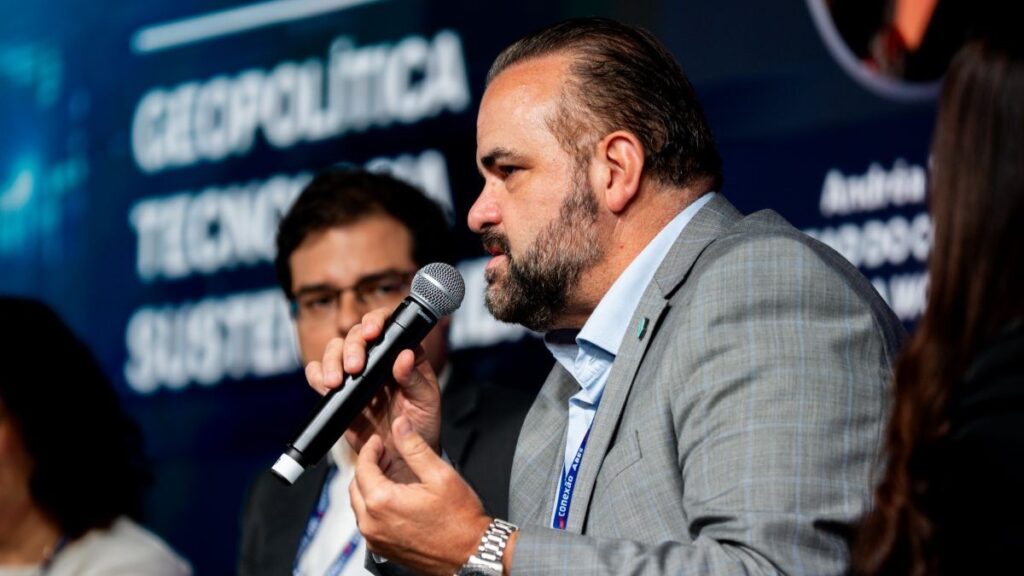
Building Cybersecurity: Education, Intelligence, and Collaboration
Claudio Martinelli, Kaspersky's executive director for Latin America, was emphatic in stating that “Digital security, cyber protection cannot be bought, it can be built” through a systemic and practical tripodHe detailed the crucial elements for this construction:
- Education: Not only for IT and security experts, but for all employees"Viruses enter through emails received by secretaries and marketing emails," he explained, emphasizing that "Digital security starts with education. There's no point investing in firewalls if users continue to use passwords like '123456!'."
- Intelligence: Learn from the mistakes of others to prepare yourself, citing the need to shared intelligence.
- Effective Solutions: Use truly effective solutions, adapted to the reality and structure of each organization, and that fit all sizes of “pockets and structures”.
Martinelli emphasized that this tripod must be associated with Collaboration. “In a world where no one talks to each other, the only winner is the criminal, because criminals talk to each other, who do more and more business and are subsidized by organized crime.”
He also addressed the Artificial Intelligence (AI) in the context of security: “Artificial intelligence has moved from the kitchen to the living room. AI is mathematics, algorithms, lots of data, and enormous processing power.” The executive shared that Kaspersky recognizes 470,000 new digital threats per day due to its algorithms and machine recognition. For Martinelli, this technical aspect should be used in building collaboration, bringing together society, businesses and government, to combat cybercrime and educate professionals to use emerging technologies ethically and responsibly.
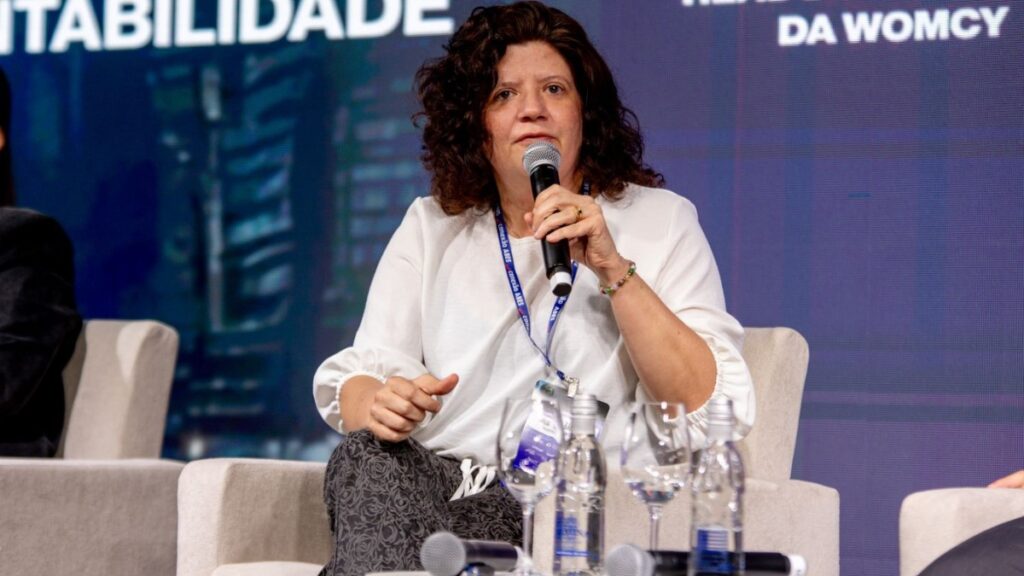
Research, LGPD and national strategy
Georgia Barbosa, CISSA manager at CESAR, brought to the debate the strategic role of research in building digital resilience. “If we don’t invest in research, we’ll always be one step behind. It needs to be tropicalized, connected with our reality, and thought of as digital sovereignty instrument????????
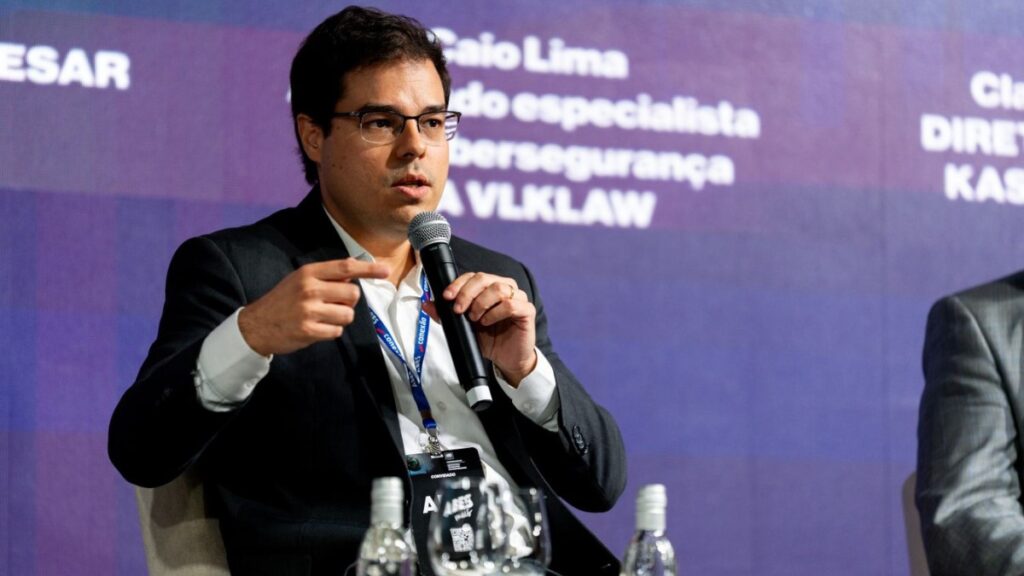
Caio Lima, a lawyer specializing in cybersecurity and professor at Poli-USP, highlighted that LGPD is a fundamental right and that information security must be treated seriously and proactively. “It is not enough to have any information security. It is necessary to adopt best available technology, proportionate to the risk and compatible with the moment“, defining the new reality where “security is no longer reactive and has become strategic.” Caio also advocated for the creation of a National Cybersecurity Authority, proposed in a recent bill, as a way to overcome the current fragmentation and build an integrated national strategy.
The panel concluded that Brazil needs abandon the “silos” and build a national cybersecurity strategy, with long-term policies, talent development, research incentives, and collaboration between government, business, and society. Digital security, experts say, must be at the forefront of center of corporate and government agendas.
About ABES SUMMIT
The 15th edition of ABES SUMMIT, held in October 8th at the JW Marriott, in São Paulo, had as its central theme “Digital Frontiers – Geopolitics, Technology and Sustainability”. The event promoted a day of immersion for CEOs, leaders and government representatives, aiming to highlight the power of technology to accelerate business and economic transformation. In a scenario of global recalibration where technology and geopolitics intertwine, the ABES SUMMIT discussed practical strategies to address challenges such as the dominance of Artificial Intelligence (AI) and Agentic AI, a cybersecurity global, regulation and public policies, and the qualification of workforce. The focus was on the strategic role of Brazil, which can establish itself as a global protagonist in energy transition, in the preservation of biodiversity and digital advancement, due to its clean matrix and innovation ecosystem. The ABES SUMMIT 2025 featured free online broadcast it's the BMV seal, offsetting 100% of environmental impacts.
Sponsors: ApexBrasil, Finep, Embrapii, Kaspersky, Nic.br, Caesbra Benefits, Banco do Brasil, Devfy and Digiforte.
Watch the ABES SUMMIT 2025 panels: https://youtube.com/playlist?list=PL2X1JJqBpAkMM7gQhOIAmH9pZwpIG4jQ8&si=i4xIh0sAI-kunjvj

















